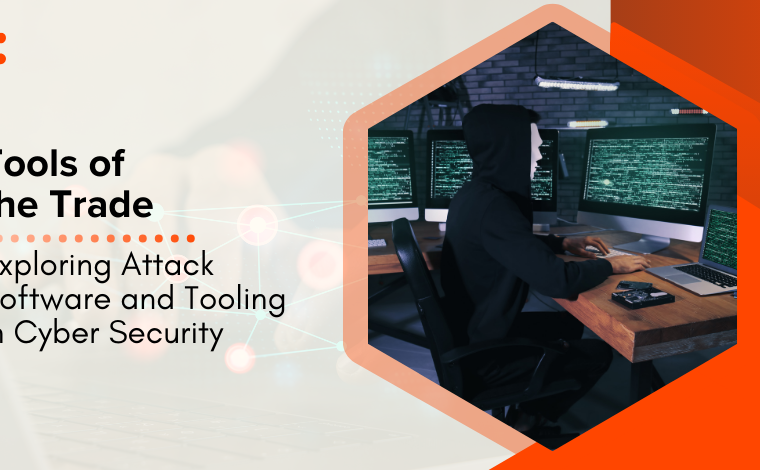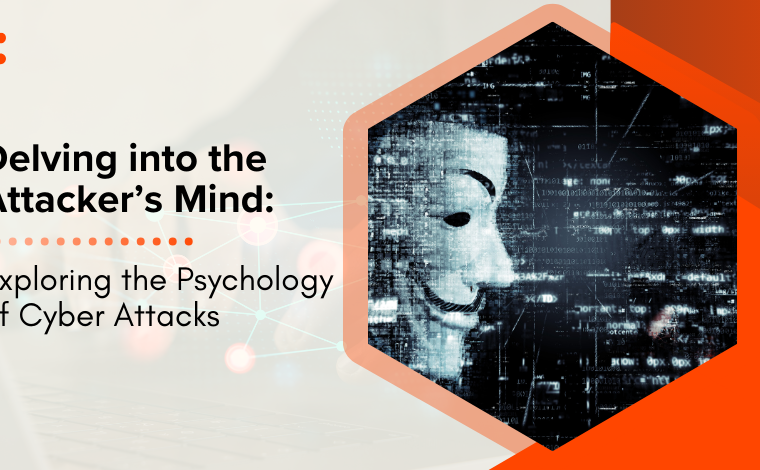Ethical Hacking: A Beginner’s Guide

Stay Informed With Our Weekly Newsletter
Receive crucial updates on the ever-evolving landscape of technology and innovation.
In today’s digital age, cyber security threats are at an all-time high. Hackers are constantly finding ways to exploit vulnerabilities in computer systems, leaving businesses and individuals vulnerable to theft and other malicious activities. One effective way to combat these threats is through the use of ethical hacking.
Ethical hacking involves a systematic and legal attempt to identify and exploit vulnerabilities in computer systems in order to prevent malicious attacks. If you’re interested in learning more about ethical hacking, this beginner’s guide will help you get started.
Understanding ethical hacking

Before delving into the details of ethical hacking, it’s important to understand what this practice entails. Simply put, ethical hacking involves using the same techniques and tools as malicious hackers to identify and exploit vulnerabilities in computer systems. However, ethical hacking is done with the permission and knowledge of the system owner, and the goal is to improve security rather than cause harm.
What is ethical hacking?
At its core, ethical hacking is about identifying and exploiting security vulnerabilities in computer systems before malicious attackers can. Ethical hackers, also known as penetration testers, simulate real-life attacks to pinpoint the weaknesses within a system. This process helps system owners proactively identify and resolve security issues before they can be used for malicious purposes.
The importance of ethical hacking in cybersecurity
As cyber threats continue to evolve and become more sophisticated, ethical hacking is becoming increasingly important in the field of cybersecurity. By identifying and fixing vulnerabilities in computer systems, ethical hacking helps to prevent attacks and protect businesses and individuals from financial loss, legal expenses, and reputation damage. Ethical hacking is essential to maintaining the security and functionality of computer systems in today’s digital landscape.
Ethical hacking vs. Malicious hacking

While ethical hacking and malicious hacking use similar techniques and tools, there is one key difference: intent. Ethical hackers use their skills and knowledge to improve cyber security defences, while malicious hackers use their skills to steal data or cause damage to systems. Ethical hacking is legal and ethical, while malicious hacking is illegal and unethical.
The role of an ethical hacker
As technology advances and becomes more integrated into our daily lives, the need for cyber security has become increasingly important. One of the key players in this field is the ethical hacker, also known as a white hat hacker. An ethical hacker is someone who is hired to test the security of a computer system, network, or application by attempting to exploit vulnerabilities. Unlike black hat hackers, who use their skills for malicious purposes, ethical hackers use their skills for good by identifying weaknesses that could be exploited by malicious actors and providing recommendations to strengthen security defences.
Responsibilities and duties
One of the main responsibilities of an ethical hacker is to perform penetration testing. This involves attempting to gain unauthorised access to a system or network to identify vulnerabilities and weaknesses. Aside from conducting vulnerability assessments, ethical hackers may use social engineering techniques to test the human element of security by attempting to trick employees into divulging sensitive information or granting unauthorised access.
Documentation is a crucial aspect of an ethical hacker’s job. They must maintain detailed records of their findings, including the methods used to gain access and any vulnerabilities discovered. This documentation is used to provide actionable recommendations to system owners on how to improve their security defences.
Skills and qualifications
Successful ethical hackers possess a combination of technical and non-technical skills. Technical skills, such as a deep understanding of computer systems, networks, and programming languages, are necessary for conducting successful attacks and analysing results. Ethical hackers must be familiar with a variety of tools and techniques used in penetration testing and vulnerability assessments.
Non-technical skills are also crucial for ethical hackers to communicate their findings to system owners effectively. Critical thinking and problem-solving skills are essential for identifying vulnerabilities and developing practical solutions. Communication skills are necessary for presenting findings and recommendations to technical and non-technical stakeholders.
Ethical hacking certifications
Many organisations require their ethical hackers to hold industry-recognised certifications such as Certified Ethical Hacker (CEH), Offensive Security Certified Professional (OSCP), or Global Information Assurance Certification (GIAC) Penetration Tester (GPEN). These certifications demonstrate that an ethical hacker has the necessary skills and knowledge to conduct successful penetration testing and vulnerability assessments.
Types of ethical hacking

Penetration testing
Penetration testing involves using various techniques and tools to simulate real-world attacks on computer systems with the goal of identifying vulnerabilities. This process helps system owners to understand their security posture and take corrective measures to improve their security defences.
Vulnerability Assessments
Vulnerability assessments involve identifying and quantifying security vulnerabilities within a system. This process helps system owners to understand the impact of potential threats and prioritise necessary security measures to mitigate those threats.
Social Engineering
Social engineering is the art of manipulating people into divulging confidential information. Social engineering attacks can be used to test employees’ security awareness and help organisations identify areas for improvement in their security policies and procedures.
Red teaming and blue teaming
Red teaming and blue teaming are simulations that involve attacking and defending a computer system, respectively. These simulations aim to identify vulnerabilities and test the effectiveness of security defences from both an attacker’s and a defender’s perspectives.
Ethical hacking tools and techniques
Commonly used tools
There are many tools available to ethical hackers for identifying and exploiting vulnerabilities in computer systems. Some examples include Nmap, Metasploit, and Burp Suite. These tools help ethical hackers to automate parts of the hacking process, saving time and ensuring accuracy.
Network scanning and enumeration
Network scanning involves mapping out a target network to identify devices and services. Enumeration involves gathering information about the specified devices and services, such as operating systems and software versions. This information can then be used to identify vulnerabilities and exploit them.
Exploitation and gaining access
Exploitation involves using identified vulnerabilities to gain access to a target system. This can be accomplished using various techniques, such as buffer overflow or SQL injection attacks. Once access is gained, ethical hackers can further explore the system and identify additional vulnerabilities. If you want to learn about the distinction between network security and application security, you can find an informative article on the subject here.
Maintaining access and covering tracks
Once access to a target system is gained, ethical hackers may need to maintain access to continue identifying vulnerabilities. This process involves using techniques and tools to hide the attacker’s presence and activity on the target system. Covering tracks helps to prevent the system owner from discovering the attack and taking corrective measures before all vulnerabilities have been identified.
Conclusion
As the threat of cyber attacks continues to grow, the importance of ethical hacking in cyber security cannot be overstated. Ethical hacking plays a crucial role in identifying and mitigating security vulnerabilities in computer systems and helps to protect businesses and individuals from financial and reputational harm. By understanding the role of an ethical hacker, the different types of ethical hacking, and the tools and techniques used, you can start your journey to becoming an ethical hacker and contributing to a safer online world.
If you’re interested in pursuing a career in cyber security, you may want to explore Institute of Data’s 3-month full-time or 6-month part-time Bootcamps.
To find out more about our programmes led by industry professionals, you can download a Cyber Security Course Outline.




